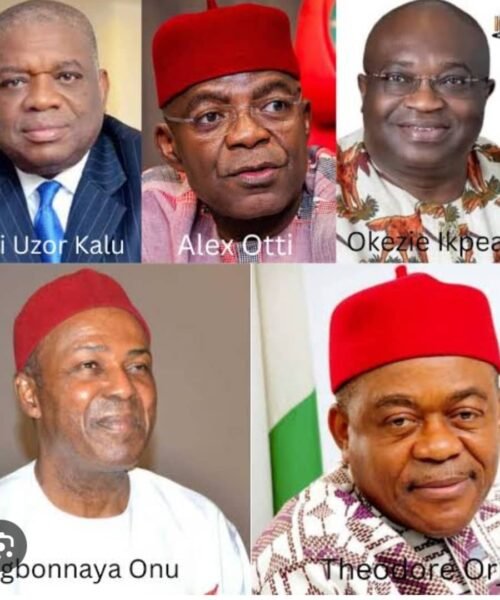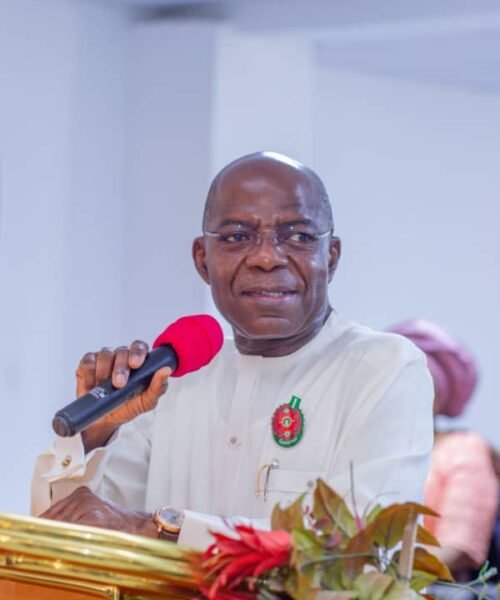The New Architects of Change: How Abia’s Young Visionaries Are Redefining NGO Impact Through Technology and Collaboration
#YouthInnovation #NextGenLeadership
In the dynamic socio-political landscape of Abia State, youth-led non-governmental organizations (NGOs) have emerged as pivotal actors in driving grassroots development and fostering civic engagement, particularly in the post-1999 democratic era. Historically, Abia’s youth have been instrumental in advocating for social justice, educational reform, and economic empowerment, but the proliferation of internet technologies since the early 21st century has catalyzed a transformative shift in their operational methodologies. Organizations such as the Abia Youth Initiative for Sustainable Development (AYISD), founded in 2012, and the Coalition of Abia Young Innovators (CAYI), established in 2018, exemplify this evolution, leveraging digital platforms to amplify advocacy, mobilize resources, and coordinate community projects. These entities have addressed systemic challenges, including youth unemployment—which the National Bureau of Statistics pegged at 19.7% in Q3 2023—through vocational training programs disseminated via YouTube tutorials and virtual mentorship sessions hosted on Zoom, thereby democratizing access to skill acquisition in rural and urban areas alike.

The historical antecedents of these NGOs are rooted in the galvanizing spirit of the #EndSARS protests of 2020, which underscored the potency of digital activism among Abia’s tech-savvy youth. Post-protest, groups like Digital Abia Advocates (DAA) harnessed social media analytics to identify underserved communities, deploying geotagged data to direct humanitarian aid during the COVID-19 pandemic. Statistics from the Abia State Ministry of Health reveal that youth-led NGOs distributed over 40% of palliative supplies in Umuahia and Aba, utilizing WhatsApp coordination networks to optimize logistics. Furthermore, the Abia Young Entrepreneurs Network (AYEN) has collaborated with fintech startups to facilitate microloans for 1,200 small businesses, integrating blockchain technology to ensure transactional transparency—a testament to their innovative ethos. These efforts have not only mitigated economic disparities but also positioned Abia’s youth as indispensable stakeholders in the state’s developmental agenda.
For Governor Alex Otti, whose administration prioritizes technocratic governance, his priorities lies in institutionalizing partnerships with these youth-led entities to harness their digital proficiency and grassroots legitimacy. His strategic approach involves strengthening more private sector funded innovation hub in collaboration with NGOs like CAYI, equipped with high-speed internet and AI-driven analytics tools to incubate tech startups addressing local challenges such as waste management and renewable energy, across the 17 local government areas. Otti’s administration is pushing to further institutionalize crowdsourcing platforms, mirroring Rwanda’s Irembo model, to enable citizens to petition for infrastructure projects directly, thereby fostering participatory governance. Additionally, he has concluded plans to expand the integration of digital literacy curricula into public schools, designed in partnership with NGOs such as AYISD, to ensure sustainable capacity-building across generations. Crucially, Gov. Otti prioritizes cybersecurity legislation to safeguard the data-driven initiatives of these NGOs, mitigating risks of breaches that could undermine public trust. By embedding youth-led digital strategies into the state’s policy framework, Otti is cultivating an ecosystem where innovation and governance converge, positioning Abia as a benchmark for 21st-century subnational development in Nigeria.


Dr Chukwuemeka Ifegwu Eke writes from Yakubu Gowon University, Nigeria.







